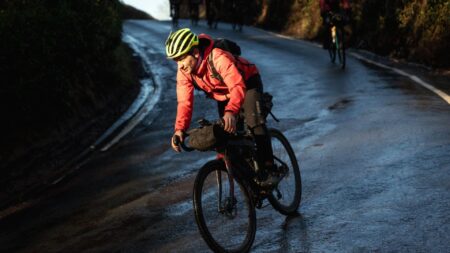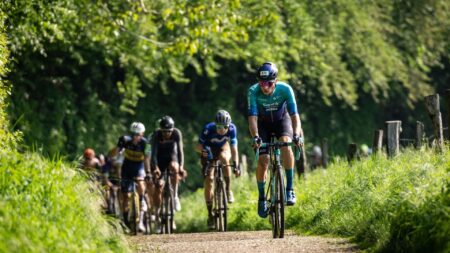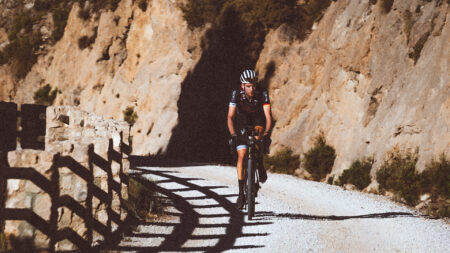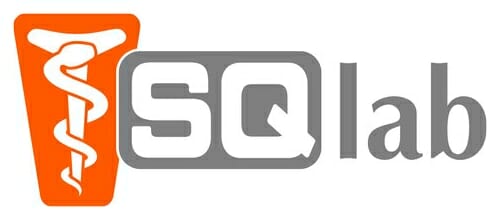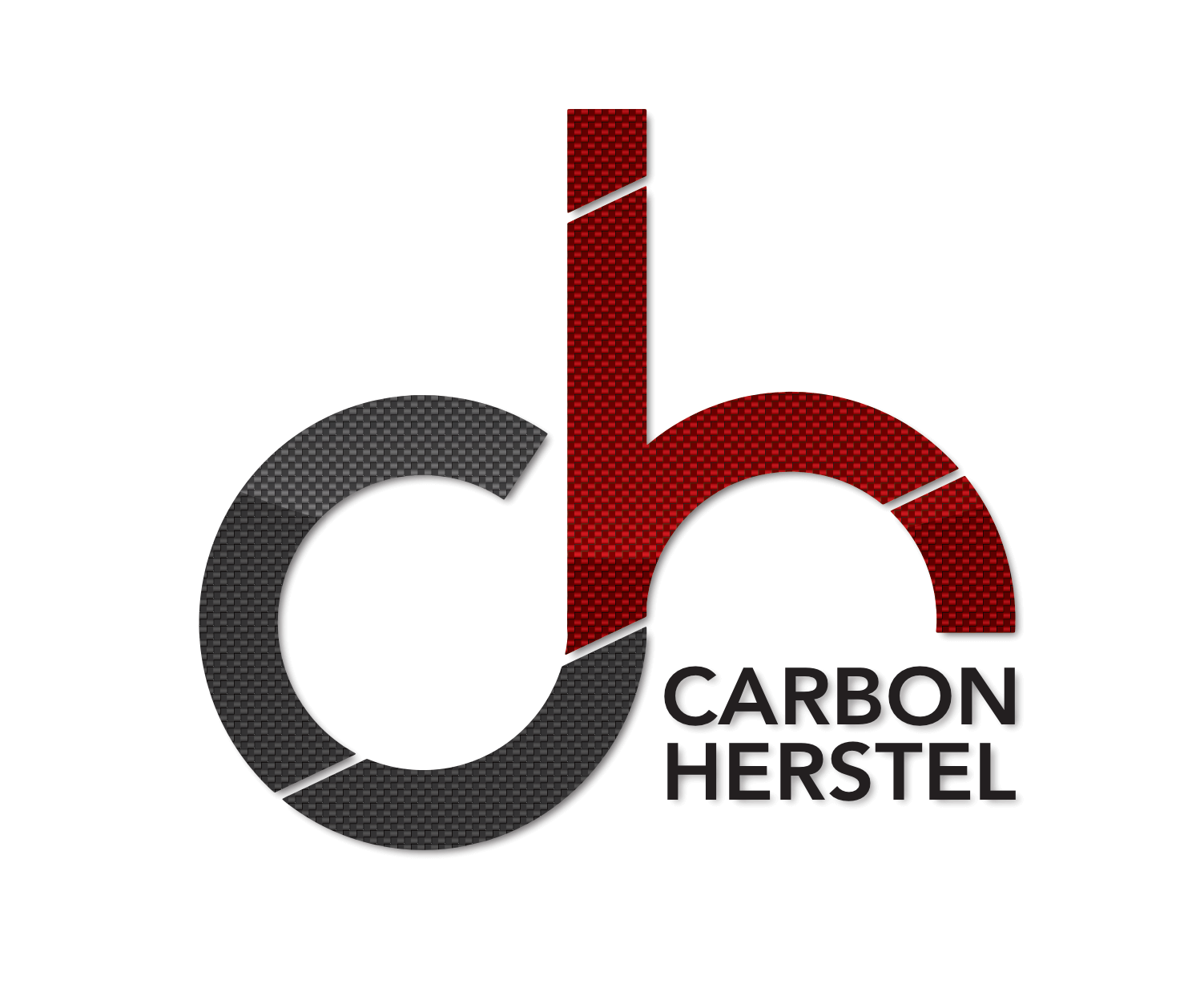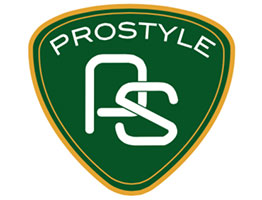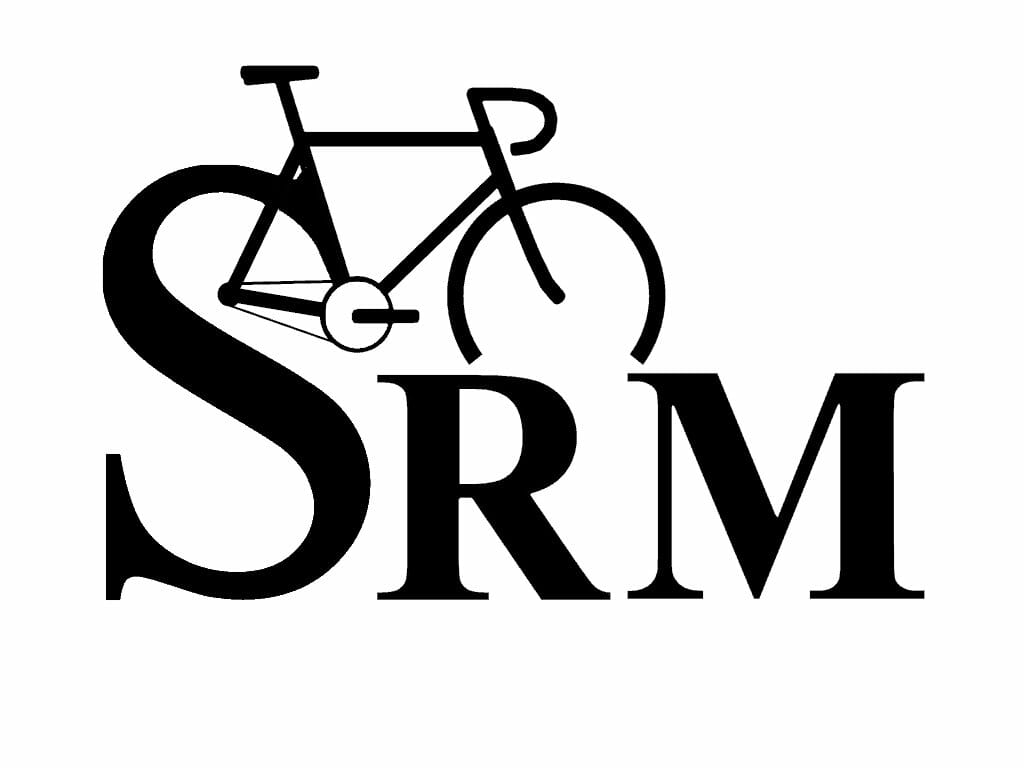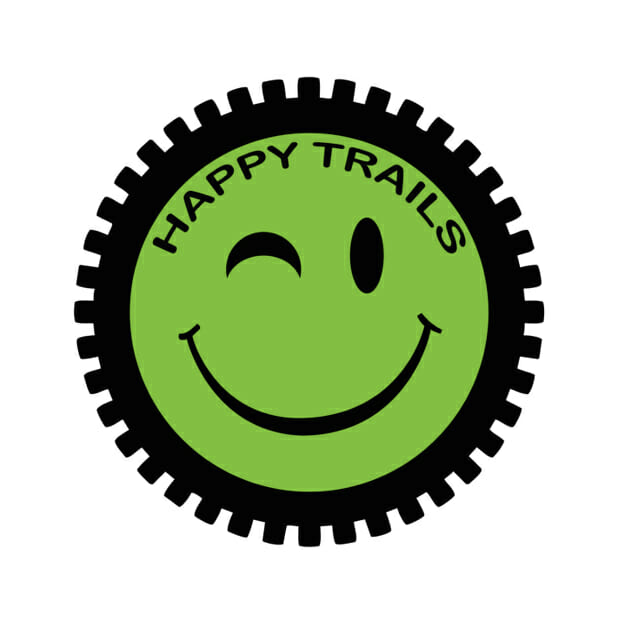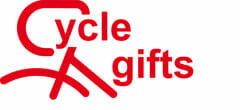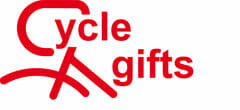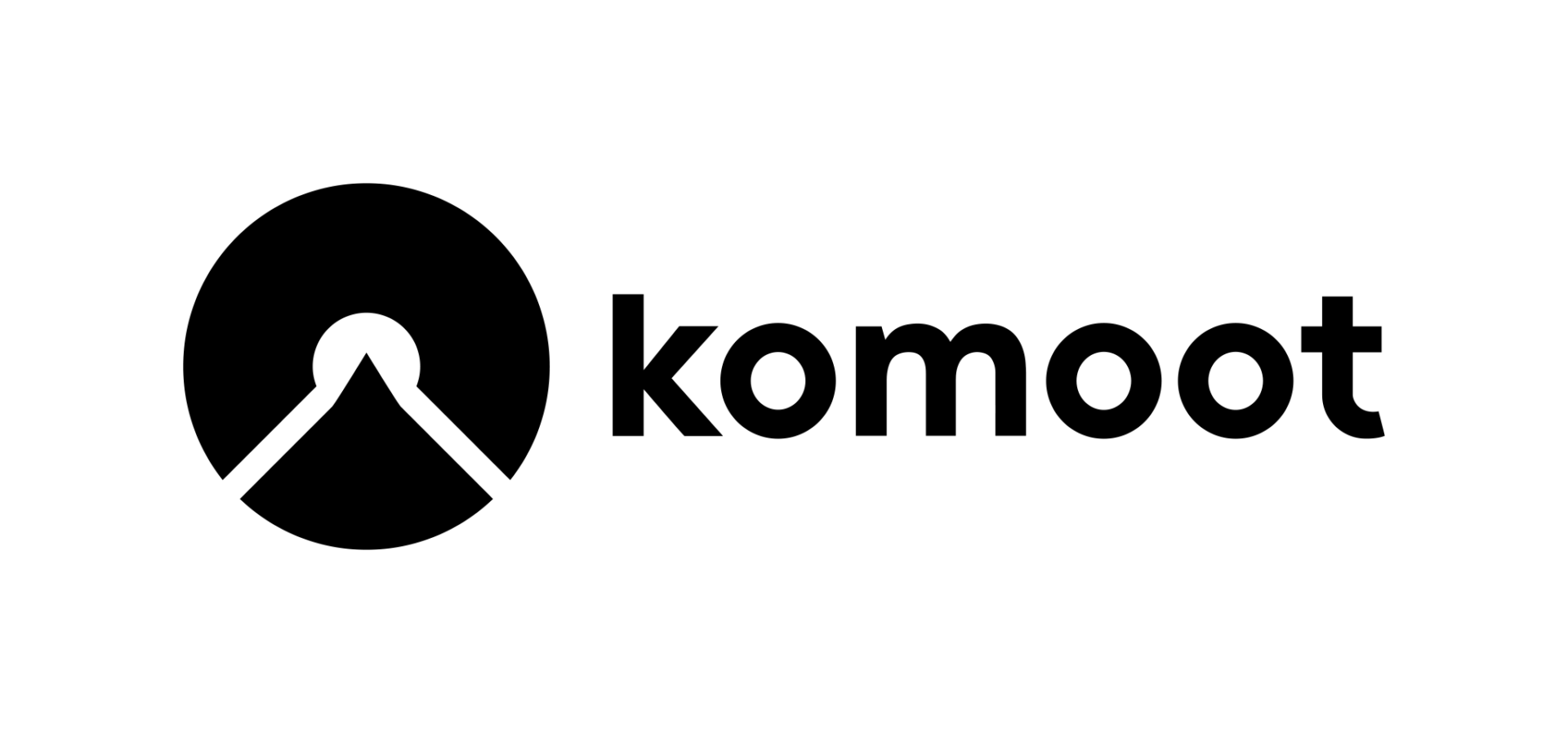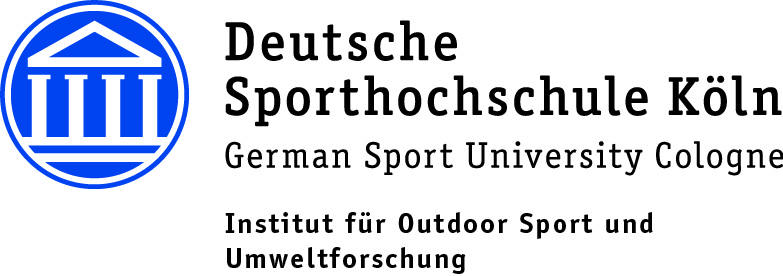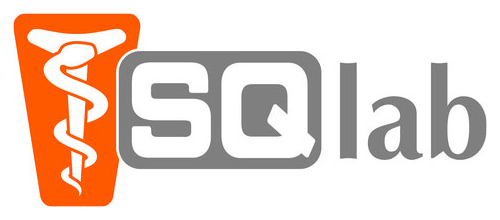
Im Radsport war Richard Moore einer der einflussreichsten wie auch innovativsten Journalisten. Sein „The Cycling Podcast“ gehört zu den ältesten und besten seines Genres. In Gedenken an den im März 2022 verstorbenen Journalisten wiederveröffentlichen wir ein Interview, das Daniel Lenz, Leiter Radclub, mit Moore Ende 2017 geführt hat. Fotos: The Cycling Podcast
Richard, you are a former racing cyclist who represented Scotland at the 1998 Commonwealth Games. In the time trial you completed the course on place 22, 5 minutes after the winner Eric Wohlberg. was that your best result?
No! It was a terrible performance. It sounds like an excuse, but I’d been ill in the days leading up to the road race and time trial. With my family I had a ‘dream’ holiday afterwards, which we’d all been looking forward to, but I was miserable.
Your character as a rider, rouleur, grimpeur, puncheur or baroudeur?
Bit of an all-rounder, though not a great sprinter. But I could climb and time trial okay. I was thinner back then.
How do you assess Lionel’s and Daniel’s (virtual) racing character?
Hmmm. Lionel’s a rouleur, certainly, about as useful in the hills as a chocolate teapot, while Daniel is more of a whimsical flâneur (podcast joke).
What is the most important aspect professional road racing has changed since then (1998)?
Fewer drugs, hopefully.
2017 season
If you try to sum up this year, who is your rider of the year?
Difficult not to pick Chris Froome, but I would actually say Tom Dumoulin.
Why?
Dumoulin’s Giro win was more unexpected than Froome’s Tour and Vuelta wins. For personality and charisma, too, Dumoulin is my rider of the year.
What is the topic of the year?
We seemed to talk a lot about the famous ‘unwritten rules’ – when riders should wait in the event of a misfortune befalling the race leader.
Why?
There were a few incidents – Dumoulin at the Giro, Froome at the Tour – when the question came into sharp focus. My view is that the unwritten rules are not worth the paper they’re not written on.
Alberto Contador has said goodbye with a series of attacks at the Vuelta. Are you going to miss him? Why (not)?
Yes. Few riders are as unafraid of attacking, to hell with the consequences.
Spanish spectators and officials celebrated Contador’s career although he is a convicted doper. Do you have an understanding for that?
Yes, I think so. Bike racing is, or should be, about emotions – Contador understood that and tapped into fans’ emotions.
In Germany Jan Ullrich seems to be a persona non grata. Do you regret that?
I regret more that he doped, but it is bizarre that some riders are welcomed back into the fold (see Contador) while others are ostracised.
The Hammer Series is the attempt to stop all these boring road races. Did the debut succeed?
I enjoyed it, but I don’t think this style of racing will ‘replace’ traditional road races. I certainly hope not. I enjoy boring road races!
If you were the director of the TdF for one year, what would be your crucial step to get rid of boring stages?
Fewer sprinters’ stages.
Next season
The course of next year’s TdF has gained lots of applause. Yours, too?
Yes, I’m looking forward to the first half in the north – especially the pavé, of course.
What stage are you looking forward to especially?
See above – the pavé. It’s a proper Paris-Roubaix stage, and should be entertaining.
Who is going to win the duel of giants, Froome or Dumoulin?
I really don’t know.
What is the best weapon of Froome in this duel?
His team and his climbing ability (if he can recapture his best form of 2013-15).
What is the best weapon of Dumoulin in this duel?
His time trialling and his resilience.
The Cycling Podcast
Your first forays into podcasting were in 2008 and 2009, quite a while before The Cycling Podcast was born in 2013. What were the advantages of this outlet compared to your traditional publishing channels?
It’s fun and it’s a three-way conversation, so I find that I learn lots, too. I think the advantage of audio over other media, from the perspective of the listeners, is first and foremost that you can ‘consume’ it while doing something else. You can’t read a magazine while driving your car or washing the dishes, but you can listen to a podcast.
What was the worst recording spot for you during a race so far?
We always find ourselves recording by rubbish bins. It isn’t deliberate, it just happens. The ‘worst’ spot is always somewhere where there’s too much noise. Invariably if we find a nice bar and sit down with a beer a lorry will appear and start noisily reversing nearby.
What was the best recording spot?
Any nice bar where there isn’t a lorry reversing nearby. Actually, the nicest spot this year was at the Tour, in our hotel restaurant near Romans-sur-Isère, on a terrace overlooking a river – it was stunning.
Who was the most impressive person you have met for an interview?
Probably Marcel Kittel.
Why?
He is articulate, assured and confident, but also charming and friendly. He could be arrogant, but doesn’t seem so to me.
The worst fuck up during an interview?
Not a fuck up as such, but Mark Cavendish can be awkward to interview. If you ask him a question that isn’t straightforward, or, worse, that he perceives as some kind of criticism, he gives you the most withering look. I managed to offend him after stage one of the Tour this year, and I’m still not sure how.
Lance Armstrong will be one of your major competitors next year with 50 episodes of his „stages“ podcast. How will you rise to the challenge?
Bring it on. When he launched his podcast at the start of this year’s Tour de France we wondered how it would affect us, if at all. What I think it did was introduce more people to podcasting – it helped grow the market. Our listenership at the Tour de France went from 1.7 million in 2016 to 2.7 million in 2017.


